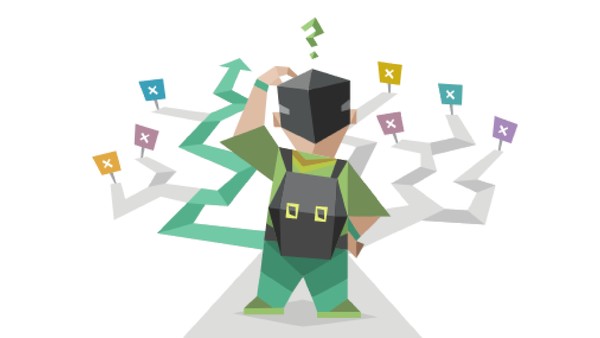
The Myers-Briggs Type Indicator (MBTI) test is popular in Korea these days. The MBTI is a tool that indicates the personality through eight psychological preferences. The MBTI has an advantage which is in being a tool to understand one’s own self and others. Being used as a topic of conversation, the MBTI also gives people something to talk about. However, too much of anything is bad. As it gains popularity, there are some people who are immersed in the MBTI too much. But it is dangerous due to problems such as creating stereotypes or distorted understand of personality. Therefore, we should reject blind faith in the MBTI.
First, the excessive immersion of the MBTI can create some stereotypes about one’s own self and others. “I belong to the ‘ISTJ’ type which has a strong sense of responsibility, but why do I don’t?” or “I can guess that the man would be sensitive about criticism because he belongs to the ‘ENFJ’ type which has such personality.” Originally, the MBTI is a tool to help understand one’s personality. But some people define themselves and others by the MBTI like the above examples. The stereotype about oneself can also block self-development. According to the explanation of Byun Sang-woo, a professor at Seoul Institute of the Arts, a person who is immersed in their MBTI too much can have a wrong attitude that justifies his or her wrong action which needs improvement, by saying “That’s just the way I am.” Second, the excessive immersion in the MBTI result in hierarchizing the personalities. Typically, E(Extraversion) type people are described as ‘active’, while I(Introversion) type people as ‘passive’. But Kim Jae-hyung, a research director of the Korea MBTI Institute, said that using the negative expression like ‘passive’ itself means that people value extraversion over introversion. Such expression can give people an impression that extroverted people are ‘better’ than introverted people. All types in the MBTI are just different personalities and none of them are relatively superior or inferior. Lastly, a free MBTI test has lower accuracy and reliability than a formal test. The MBTI test that many people do now is a free test at a site named ‘16personalities’, not a formal test that the Korea MBTI Institute provides. Formal MBTI test named ‘MBTI Form Q’ has 144 codes which are subdivided from the basic eight codes. In comparison, the free sites which only use the basic eight codes have simple structure and thus are less accurate.
Although social distancing due to COVID-19 has been practiced for a long time, people can stay close by sharing each other’s personalities through the MBTI. As the popularity heated up, however, a corrupt form also appeared showing that the MBTI may limit people’s personalities. One’s personality just belongs to one of the 16 types, the type itself does not represent the person. The important thing to ask is ‘who the person is’, not ‘what type are they’. Do not forget the truth that each of us is unique, and no test can ever truly capture that.

